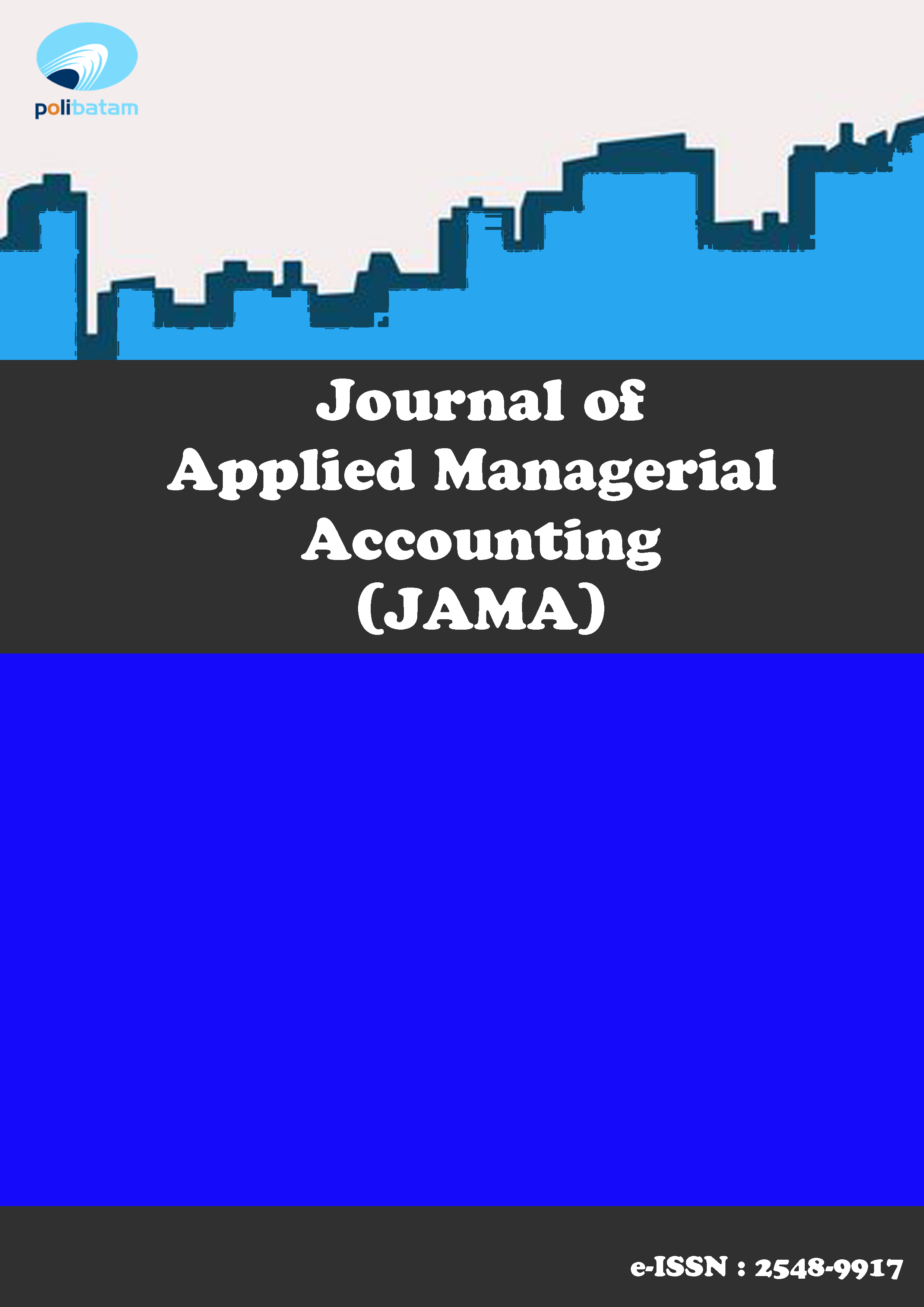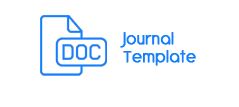The Spirituality Ethics on Accountant: An Islamic Moralities Perspective
DOI:
https://doi.org/10.30871/jama.v7i2.5518Keywords:
Future Accountant Perspective, Al-Farabi Paradigm, Deconstructive studyAbstract
Abstract
The metaphor "Accountant of the Future" has been used to describe the leadership and professionalism expected of external auditors. It encompasses ethical values, leadership qualities, and moral spirituality that are crucial to the auditor's role. However, as professionalism in auditing has evolved, the focus on ethics has shifted, leading to dysfunctional behavior that undermines the auditor's trustworthiness and the integrity of the profession. To address this issue, this article proposes a reconstruction of the external auditor's code of conduct based on the neo-Aristotelian approach of Al-Farabi. By incorporating Al-Farabi's philosophical principles, the foundation of the auditor's existing code of ethics can be strengthened, and the profession can be revitalized. This study utilizes secondary sources such as Google Scholar, books, research articles, and scientific journals to explore Al-Farabi's thinking and apply it to the conceptual code of ethics for auditors. By doing so, this article aims to contribute to the existing literature on the external auditor's code of ethics and provide auditors with a framework for carrying out their professional duties and responsibilities.
Keyword: Future Accountant Perspective, Al-Farabi Paradigm, Deconstructive study
Abstrak
Metafora "Akuntan Masa Depan" dalam kepemimpinan dan profesionalisme auditor eksternal dipandang sebagai ekspresi yang menyiratkan nilai-nilai etika, jiwa kepemimpinan, dan spiritualitas moral yang ada di dalam auditor eksternal. Namun, perkembangan profesionalisme dalam pekerjaan auditor telah menggeser esensi etika, menyebabkan perilaku kode etik yang disfungsional yang dapat menyebabkan auditor menjadi tidak dapat dipercaya dalam memenuhi tanggung jawab profesinya. Oleh karena itu, artikel ini disusun untuk merekonstruksi kode etik auditor eksternal berdasarkan pemikiran Al-Farabi (pendekatan neo-Aristoteles), sehingga memperkuat dasar kode etik auditor yang ada. Pendekatan yang digunakan dalam studi literatur ini didasarkan pada data sekunder dan sumber yang diperoleh melalui google scholars, buku, penelitian sebelumnya, dan artikel ilmiah yang berkaitan dengan pemikiran Al-Farabi yang kemudian disusun berdasarkan kode etik konseptual auditor. Artikel ini diharapkan dapat menambah literatur review kode etik auditor eksternal dan menjadi pertimbangan utama auditor dalam melaksanakan tugas dan tanggung jawab profesionalnya.
Kata kunci: Persfektif Akuntan Masa depan, Paradigma Al-Farabi, Studi Dekonstruktif
Downloads
Downloads
Published
How to Cite
Issue
Section
License
Copyright (c) 2023 Suham Cahyono, Erina Sudaryati

This work is licensed under a Creative Commons Attribution-ShareAlike 4.0 International License.





